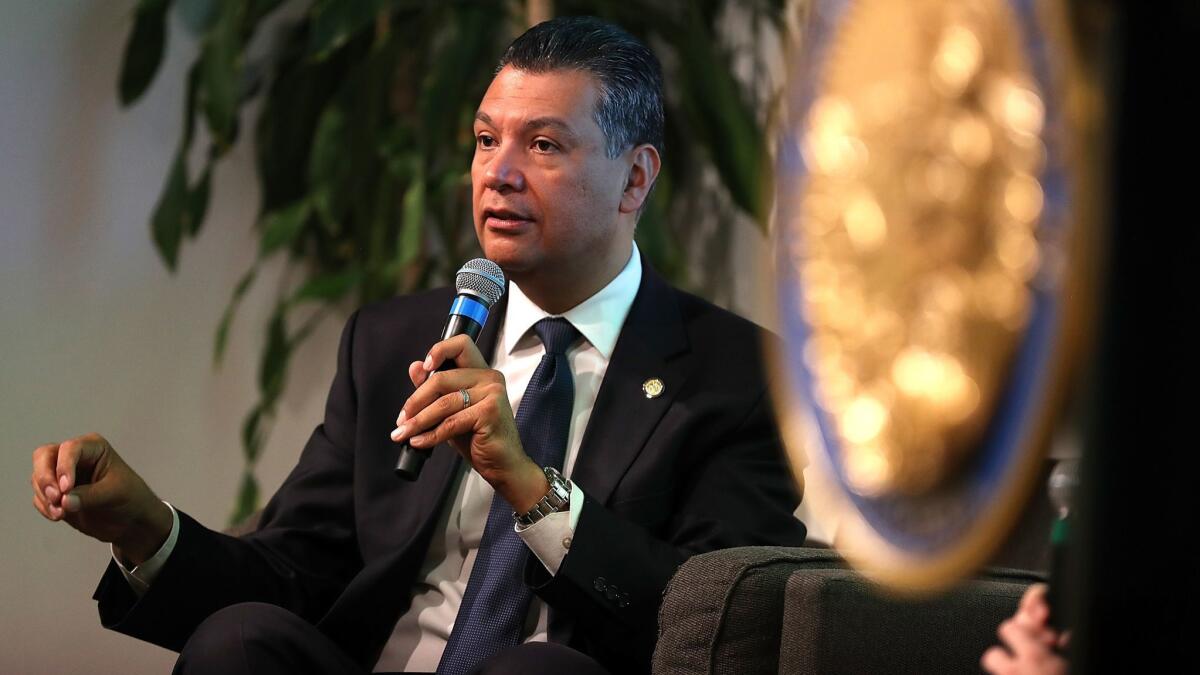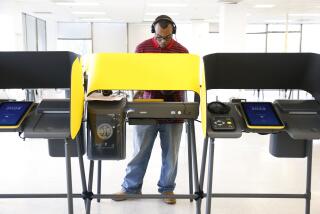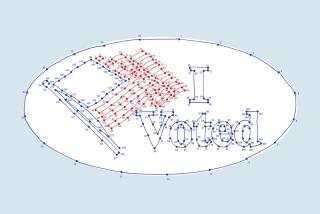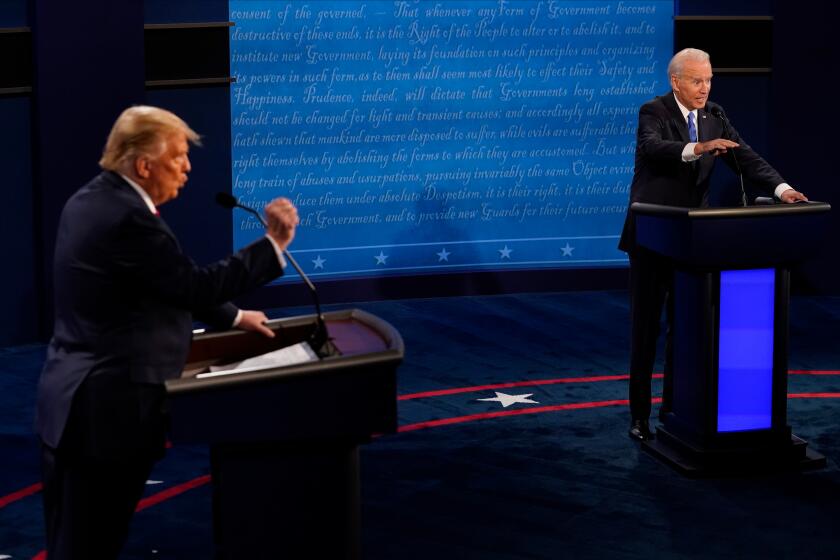Editorial: Should Sacramento toughen the rules on who may run for president?

The U.S. Constitution doesn’t require much of a presidential candidate. He or she must be at least 35 years old, a natural-born U.S. citizen and a resident of the U.S. for at least 14 years. But since the 2016 election, more than two dozen states, including California, have considered adding another requirement for those who want to be included on the 2020 presidential primary ballot: They must disclose their federal tax returns.
Releasing one’s tax returns has been a tradition of modern presidential candidates, and President Trump’s stubborn refusal to share his during the 2016 presidential race rightly prompted an outcry from those who believe voters deserve a full picture of a candidate’s finances before the election. It also prompted the California Legislature to pass a bill requiring presidential candidates to release five years of tax records or be excluded from the state’s ballot — but then-Gov. Jerry Brown vetoed it. He was right to do so then, and Gov. Gavin Newsom should do the same if the Legislature passes a new version of the bill this year. That goes for governors in Washington, New Jersey and other states considering mandatory tax return legislation as well.
Of course, presidential candidates should release tax records. Voters should demand it of them. But states should not make it the law. Not only is there a real constitutional question about whether states may impose such a litmus test on presidential candidates, but it would open the door to additional requirements, some of them objectionable and politically motivated such as the one passed by the Arizona Legislature in 2011 (and then vetoed) to require candidates provide birth certificates. When Brown vetoed California’s bill, he asked: “What would be next? Five years of health records? A certified birth certificate? High school report cards?”
Enter the Fray: First takes on the news of the minute »
If the Legislature has its way, tax returns might not be the only new requirement for candidates who want a place on the presidential primary ballot. Another bill, sponsored by California Secretary of State Alex Padilla, would apply new standards to ensure that only “serious” candidates appear on the primary ballot. SB 505 would set uniform standards for presidential primary candidates. That’s not a bad thing in theory, but the bill seems unnecessarily exclusive. It lays out five criteria — including qualifying for matching federal funds, appearing in a party-hosted national debate and being qualified for the ballot in one other state. Candidates would have to meet two of the five.
One former Peace and Freedom Party candidate in California told a state Senate committee that such requirements would most likely keep his party’s candidates from appearing on the primary ballot.
It is true that throwing the door open wide lets in a lot of candidates who don’t have a chance of winning an election. But elections should err on the side of openness and inclusion.
Follow the Opinion section on Twitter @latimesopinion and Facebook
More to Read
A cure for the common opinion
Get thought-provoking perspectives with our weekly newsletter.
You may occasionally receive promotional content from the Los Angeles Times.






